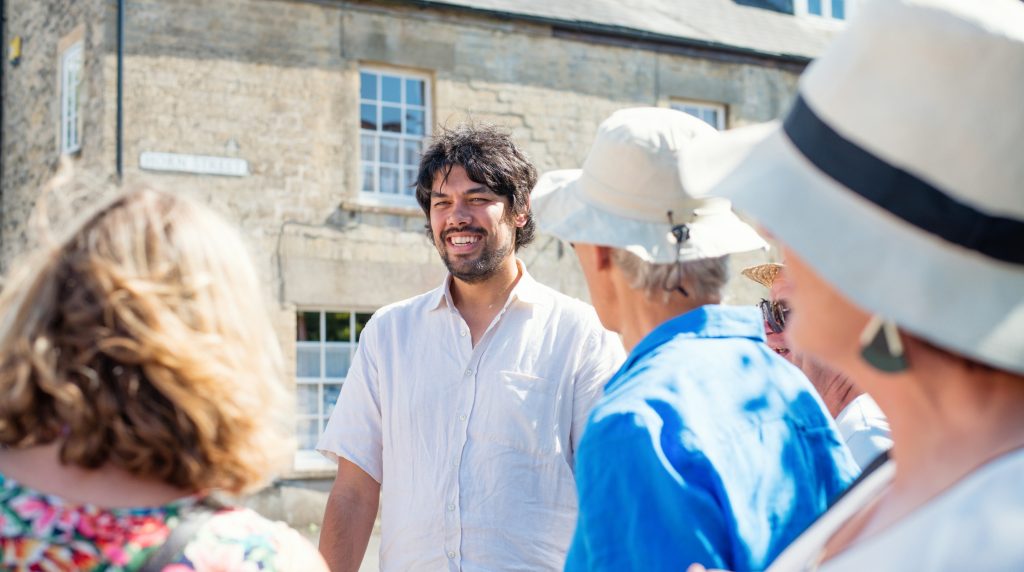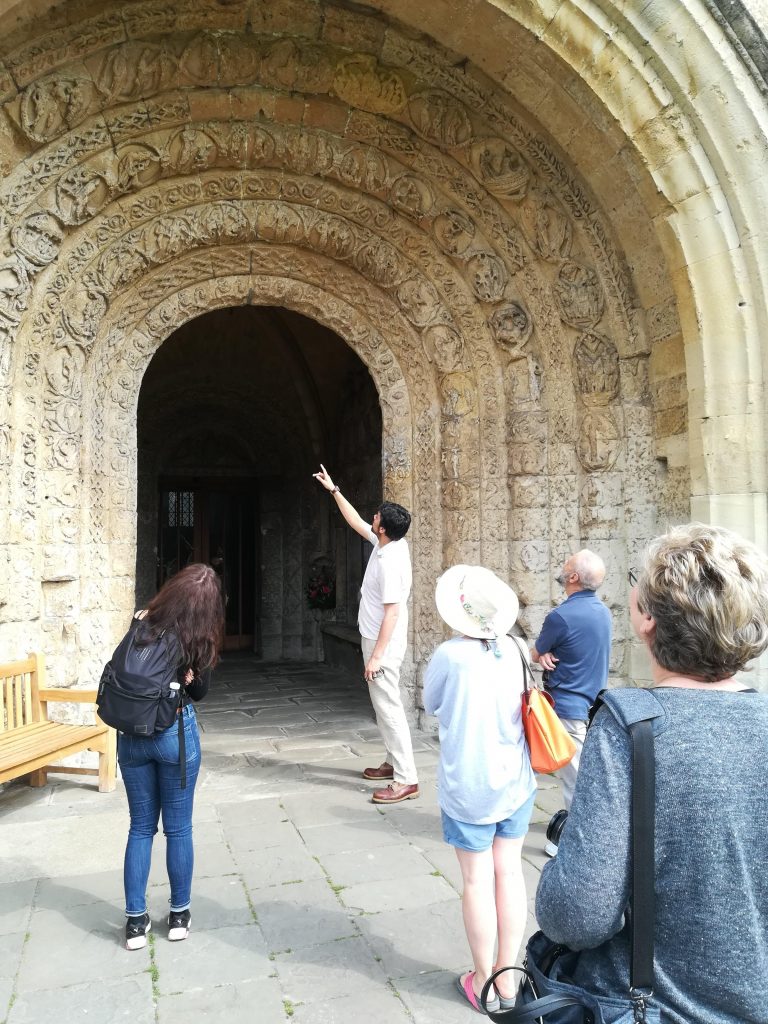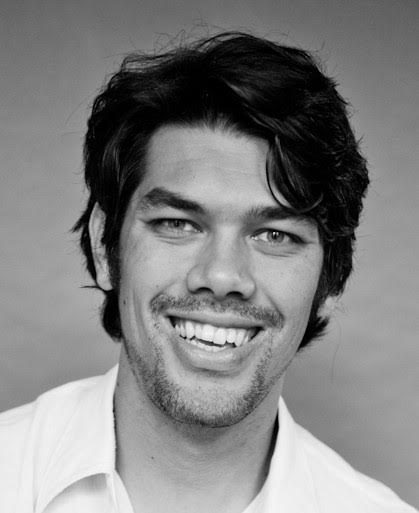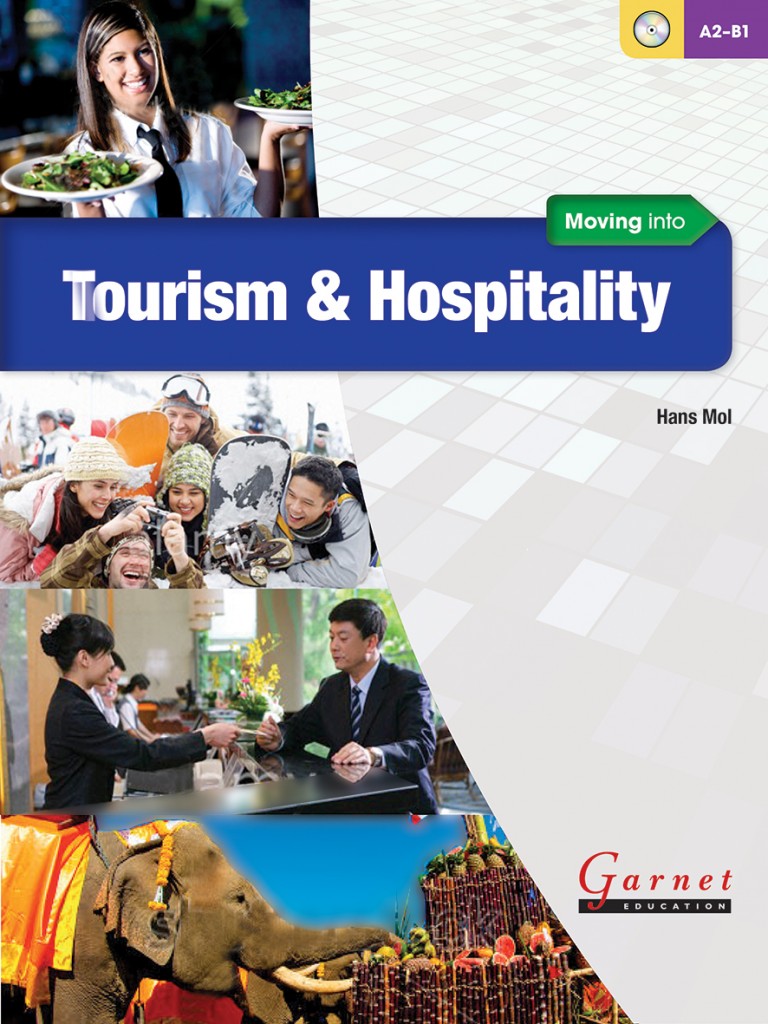
Give us an overview of what you do and what your role entails at Around and About Bath.
I am the founder of the company and its sole director currently. I do everything and anything but as we’re growing and my team grows, I’m looking forward to delivering tours and growing the business, spending less time on its day-to-day running.
Are there any words/jargon that are specific to your trade? Did you learn them on the job? When do you use and avoid using jargon?
As with any industry, there’s lots of jargon:- ‘FIT’, A1 marker, ‘UHNW’, ‘MICE’ etc., as well as all of the generic business-related language all new business owners have to become familiar with: ‘ROI’, ‘Market penetration, segmentation’ and all the accounting/ tax terminology that goes with it. I tend to learn the jargon on the job and try to avoid it except when talking with a specialist. Jargon is there to help specialists communicate concisely. Using it in other contexts is usually a sign that the speaker is either a) trying to sound more knowledgeable or authoritative than they really are and/or b) intimidate the listener. Good communication should be about the listener. What do they need to hear and how should that be communicated in order for them to comprehend the purpose and content of that communication? Jargon can either be really helpful or the very opposite.
In your job, how important is non-verbal communication?
Very important. I like to talk and I love using language to communicate and express myself as fully and comprehensively as I can. However, I’m a big believer in the old adage that 90% of communication is non-verbal. What we do and how we do it communicates much more than what we say, and much more authentically too. We can consciously tell a lie, but our subconscious controls our body language and behaviour which almost always tells the truth!
What problems would a non-native, intermediate English speaker have if they tried to do your job?
Expressing the nuances and complexity of some of the ideas and stories we communicate on tour could be tough for a non-native speaker. On our tours, we adjust our language and communication style to our audience but inevitably with a more limited range of vocabulary to draw from, the ability to engage an audience and employ the most appropriate words and phrases to communicate meaning would be more difficult.

Do you often encounter customers who are non-native English speakers? How do you communicate with them?
We ignore them mostly. Joking! Again, the ability for humans to communicate non-verbally is incredible. I took two Spanish speakers on a tour in the summer who could not speak English, whilst I could not speak anything but the most rudimentary Spanish. We ventured into the Cotswolds to explore the history of England, visit an ancient town, a King’s tomb, explore countryside, visit gardens and enjoy lunch in a medieval country inn. We had a great time, and they understood everything I wanted to communicate to them. Relationship, collaboration and a shared goal are very powerful motivators for communication!
How does the way you use English change according to who you are speaking with at work? How do you use English differently at work than at home?
Interestingly enough, I notice my use of English changing all the time, very naturally and very fluidly. For example, I ran a tour comprised of ‘Millenials’ from California recently. I’m always amused to find myself swearing more, employing Americanisms (like starting sentences with ‘So.’) and generally littering my conversation with slang much more with such an audience, compared to the slightly more formal and structured tone I use when I’m conversing with older guests. It’s a very natural process.
I wouldn’t say that I use English differently at home to work because, as a company that eschews the corporate ‘feel’ for a more natural, personal one, I believe in using my authentic voice in both environments.
Has your communicative style changed over the years of your career?
Hard to say. I’m a confident speaker and communicator and as I’ve got older am both more confident in myself yet more sensitive towards my audience. I’m probably a little less over-bearing and a bit calmer and more considered. But I still express myself as honestly as I can.
Have you ever been involved in an incident (however minor) where miscommunication has caused a problem?
There’s so many – where to start. Just recently I missed a meeting because the other person offered a time and place to meet to which I replied ‘Sounds great!’ – but they didn’t show. They thought that I hadn’t confirmed and after waiting a few days, then booked something else. Had I added ‘see you then’, that would have been enough to avoid that outcome!
I do believe though that if I’ve something important to say, never say in the written word. Intonation is key to communicating intention and the written word is an awful medium when it comes to feelings, relationships etc. Keep emails and the like to facts and information and you’re good! Save bad news or anything that may involve feelings or emotions to face to face or at least the phone.
Some quick-fire questions:

What’s your motto?
Live life to the full and do right by yourself and others.
What do you consider your greatest achievement?
That I’ve had a lasting, positive impact on many different people particularly in my career as a teacher.
Which talent would you most like to have?
The ability to make people laugh uncontrollably.
Who is your hero?
So many… A recent one that has just popped into my head would be Rose McGowan. A hero to me is anyone who fights injustice and stands up for the good of others, no matter what the consequences are to themselves and regardless of the obstacles. Rose McGowan is such a person.
For more about tourism, see Moving into Tourism & Hospitality.



